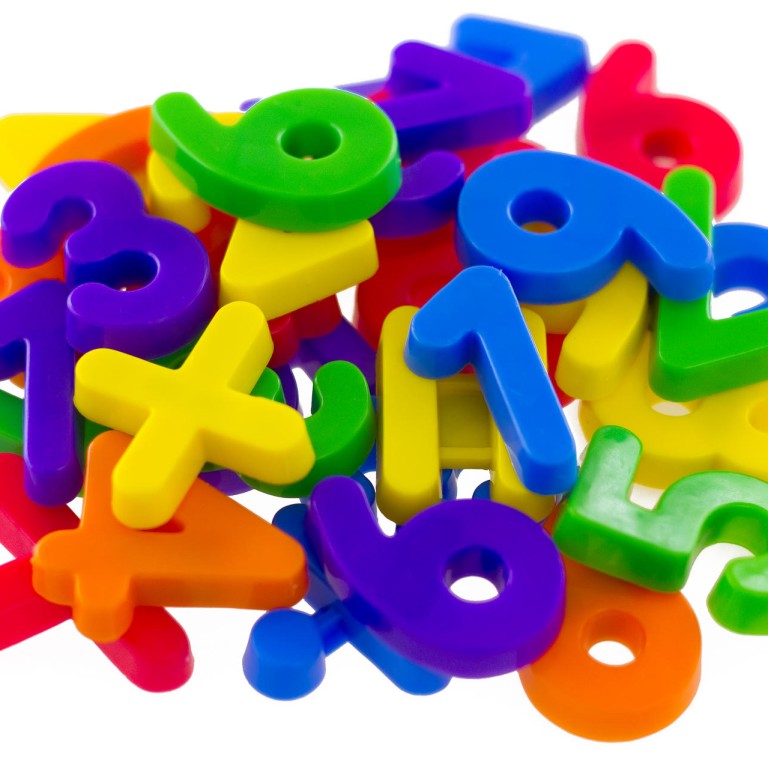
Tackling maths problems in a dyslexic child
Dyslexia is best known as a condition where people have difficulties recognising and spelling words, but it can also affect ability in maths. It is unlikely a dyslexic child will find word problems easy due to the way their brain processes language and information.
Dyslexic pupils often have short and/or long-term memory issues, which means that retaining maths concepts and the rote learning of multiplication tables becomes problematic. Repeated practice and reinforcement of different concepts is vital.
There has been more educational research in recent years which show links between dyslexia and difficulties with maths. The general term used for this is dyscalculia. This may well apply to your son. These links are sometimes not picked up in schools and dyslexic children are often just considered low-ability mathematicians.
Remembering multi-step written procedures for methods such as multiplication and long division can be difficult for dyslexic children and inconsistencies of rules are confusing - for example, division sums start from the left but addition and subtraction sums start with the units column at the right-hand side.
There are many positive things that teachers and parents can do to help children with dyscalculia. One is to give your son a list of strategies he can use when attempting a maths problem. Also, training him to read a word problem aloud to himself and underlining key words will help his brain to make sense of the information.
It is important for teachers to check in regularly with children who struggle with maths and help them to approach a problem if they are totally stuck at the start. Some children get a feeling of sheer panic when looking at a word problem, and this stops them from thinking clearly and so the vicious circle begins. A little help and encouragement to start a problem can avoid the mental block syndrome, which leads to a negative mindset about the subject and a loss of confidence. Giving some pupils more thinking time can help.
Confidence is the key. If your son lacks confidence with maths it is possible that he will try to avoid failure by not even attempting a problem. Try to be enthusiastic and encouraging. Help your son to understand that maths really matters and that he uses it all the time as a natural part of his life. Everyday opportunities can aid his learning and awareness. Handling and spending money is always a good incentive for children to use maths.
Don't be shy about approaching your son's teacher with any questions or concerns you may have so that all adults involved in supporting him are aware of his difficulties. If he is constantly struggling with homework, he may need reinforcement of the concepts that have been taught.
Educational pedagogy in the teaching of maths has moved towards an emphasis on real-life problem solving rather than purely manipulating numbers. Maths is now more relevant and fun but in some ways, also more challenging for students, who are treated as active thinkers and learners. Teachers typically outline several methods for problem solving and different strategies for mental arithmetic. This allows for students' different learning styles and teaches them to think in different ways.
A growth mind-set for learning is being adopted by more schools. This sees mistakes as learning opportunities rather than failure and encourages children to "have a go".
I hope this positive approach is being encouraged in your son's school to help him overcome his difficulties and begin to enjoy maths - seeing it as a challenge, not a problem.
Julie McGuire teaches at a local primary school
